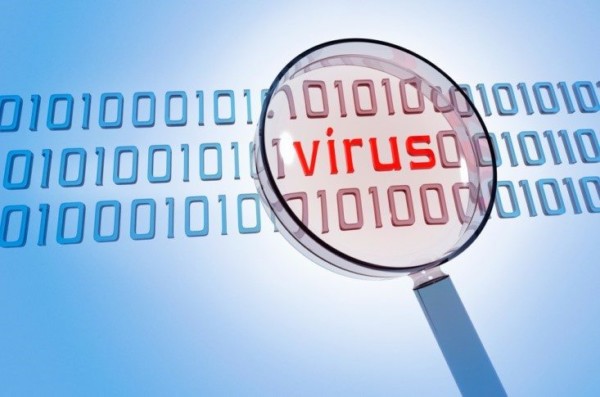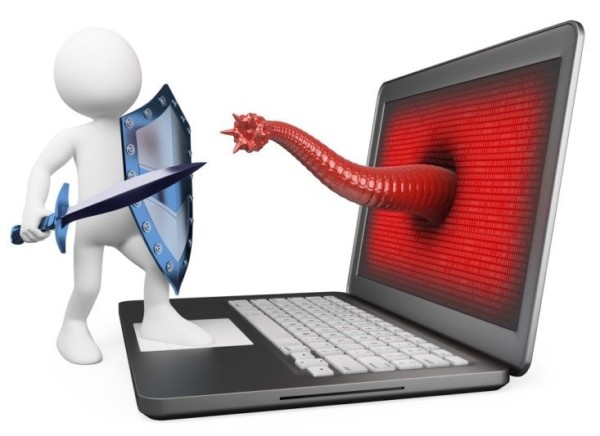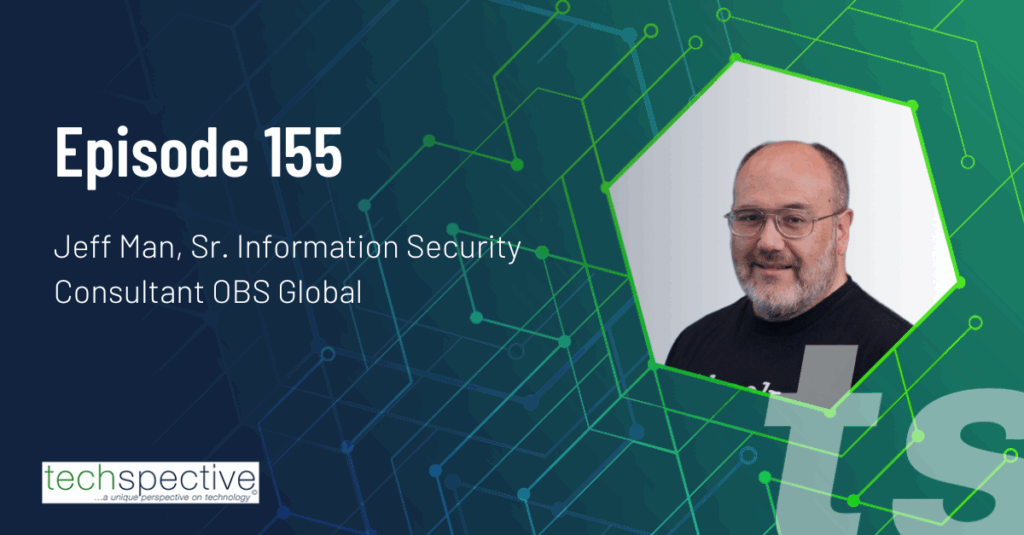 Over the past several years, executives at popular antivirus software companies have said in public and on the record that antivirus software is dead. Those statements lead the public to believe that this type of digital security is worthless. However, that couldn’t be further from the truth.
Over the past several years, executives at popular antivirus software companies have said in public and on the record that antivirus software is dead. Those statements lead the public to believe that this type of digital security is worthless. However, that couldn’t be further from the truth.
Antivirus software is an important part of consumer computer security. Advances in antivirus software have allowed it to protect multiple devices and platforms, protect against ransomware, and fix the damage caused by viruses, exploits, and other threats.
A Vital Piece of the Digital Security Puzzle
Here’s a question for the digital security professionals and experts out there who claim antivirus software should be left in the past: If antivirus software is truly dead, why do analysts predict it will grow from $106.32 billion in 2015 to $170.21 billion by 2020? That’s quite a big jump for a type of software for which vendors are ringing a death knell.
In spite of the naysayers, antivirus software remains a vital tool in securing computers because it works. It protects users against a wide variety of digital threats. To that end, many security experts admit that antivirus software plays a critical role in defending computers against viruses, malware, exploits, and other issues.
Antivirus Software: It’s Not Just for Your Computer Anymore
Yes, your home computer is still a repository for your most valuable data. You store everything from photos to tax returns on it. That doesn’t mean that it’s the only device that you need to protect, though.
Nowadays, mobile devices such as smartphones, tablets, and even everyday items you use in your home are connected to the internet. And they have enormous computing power. Moreover, you can store information on some of them, which makes them attractive targets for hackers.
How can you protect these devices against threats? Antivirus software has evolved to protect more than just computers. It can defend against the viruses and malware that would otherwise bring your machines to a crashing halt.
It Offers Ransomware Protection, Too
Imagine turning on your computer to discover a message on your screen that says you must pay hackers several hundred dollars to access your files again. It sounds like a nightmare, right? Sadly, ransomware is only too real, and thousands of people across the world have been locked out of their computers until they pay up.
 There are a few flavors of ransomware, but security experts agree that the most troubling as well as the most prevalent is the variety which cloaks your files in an unbreakable encryption. The thought of falling prey to this type of attack is frightening — all it takes is for you to click on the wrong link or visit a compromised website, and hackers can infiltrate your computer.
There are a few flavors of ransomware, but security experts agree that the most troubling as well as the most prevalent is the variety which cloaks your files in an unbreakable encryption. The thought of falling prey to this type of attack is frightening — all it takes is for you to click on the wrong link or visit a compromised website, and hackers can infiltrate your computer.
Antivirus software developers realize the devastation ransomware can cause to consumers. They’ve begun releasing maximum security software that defends against the threat of ransomware. These enhanced antivirus systems prevent hackers from encrypting files and backs up data that has been locked by suspicious programs. That way even if you fall prey to ransomware, you can recover your data without paying the extorted fee.
Going Beyond Protection: Antivirus Software Fixes Problems as Well
Antivirus software has traditionally been marketed as a tool that prevents viruses from infecting your computer by detecting them and then alerting the user of their presence. In fact, many antivirus software programs boast about the number of viruses they can detect.
While detection and blocking are useful, what happens if your computer or other device becomes infected? You might not have updated your security settings or perhaps you never installed antivirus software. Don’t worry, it’s not too late.
You can still use antivirus software to scan your system and then clean up the viruses. Antivirus software can also fix the damage that viruses, malware, or other digital threats have wreaked upon your system.
Antivirus software is far from dead. Actually, security software developers have been enhancing it so that it catches more digital threats, fixes your system faster, and functions without sacrificing your computer’s performance. It will continue to evolve to protect consumers for years to come, so definitely don’t discount this vital security measure.




Hey Jackie, I think you should have also mentioned the use of a VPN. I also recently grabbed a VPN (PureVPN) for my online transactions and privacy on public WiFi’s. And I think all of us must take measures against cyber crimes.